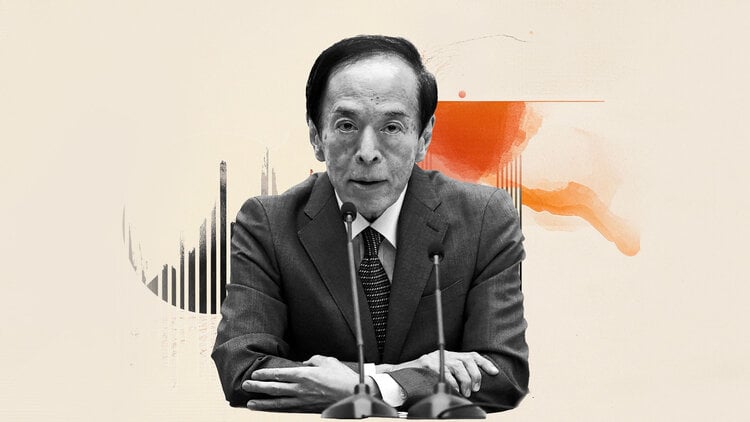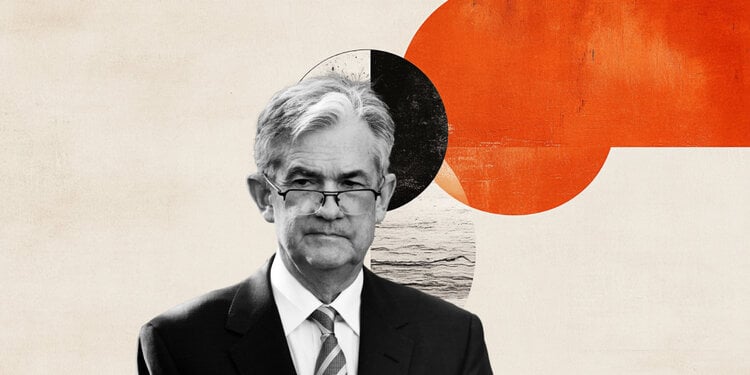The Covid-19 pandemic brought changes in the sexual behavior of the population. The impacts on the experience of sexuality were different for couples who live together, separated and people at the beginning of their sexual life, as shown by the “Sexvid” survey.
The fear of contagion by an initially unknown disease made single people avoid relationships, especially with casual partners. The meetings gained new contours, such as the possibility of virtual interaction and in addition to the increase in the exchange of erotic messages.
The extension of the pandemic has brought concerns that have reduced sexual frequency and satisfaction among married couples. Health issues, mourning the loss of loved ones, economic difficulties and uncertainty about the future were some of the elements of concern and anxiety.
Sexologist Carmita Abdo, a professor at the Faculty of Medicine at the University of São Paulo (USP), explains that the lack of sex can be a health problem by affecting the mind and body, in addition to causing symptoms of psychological distress.
“During sex, we have the release of dopamine, endorphins and oxytocins, which are highly pleasurable substances and give a feeling of well-being, comfort and belonging. When someone isn’t having sex, would like and can’t for some reason, they resent the lack of these substances. Then, he will become more irritable, even with altered mood, which can lead to depression or anxiety”, says Carmita.
Lack of sex can cause irritability, depression and a drop in immunity. Professor of psychoanalysis Ronaldo Coelho says that the problem can be greater among monogamous couples when one wants sex and the other does not.
“This can lead to confusion in the partner who does not understand what is going on in the relationship and can blame himself to the point of leading to sexual disorders, depression, anxiety, in addition to the result that the effect of the feeling of rejection can have on the partner’s self-esteem. ”, he says.
Role of sex at different stages of life
The absence of sex when there is a desire is remarkable for any age, at any stage of life. However, experts explain that the lack is felt more significantly by young people, due to hormonal and behavioral factors.
“It is natural to imagine that young people need sex, their hormones are at full boiling and, of course, all this leads to sexual motivation at this stage of life”, says Carmita. “Those who were going from puberty to adolescence didn’t stop living this phase despite the pandemic, they lived a possible sex. In some cases, sexual initiation was not with someone, but through instruments such as masturbation with digital stimulation”, he adds.
Psychoanalyst Ronaldo Coelho says that, as there is an advance in age, people go through hormonal changes and changes in perspectives on how sex is inserted in life.
“Young people produce more and more easily the hormones that activate tension and sexual desire. Thus, the deprivation of sex can be more tormenting for them. As people get older, it is common for not only hormones to change, but also the place that sex occupies, so deprivation can be felt less intensely,” she explains.
The expert says that sexual desire remains among older people and that the absence of sex in this age group can also have negative impacts.
“It is a myth that there is no sexual desire among older people. Even though sex can gain other meanings and places, for many it is only inhibited, for others it continues to play an important role and these people, when deprived of sex, feel the same way as young people”, he says.

Lack of interest
On the other hand, sexual activity by someone who is not so interested can also be a health problem. According to sexologist Carmita Abdo, a portion of the population suffers from this issue, showing little or no interest in sex.
Among the causes are genetic components, behavioral aspects and hormonal imbalances, such as a lack of sex and thyroid hormones, or diseases such as diabetes and depression.
According to Carmita, in addition to discomfort, these individuals may have difficulties in finding partners.
“There are people who live very well without sex and we cannot understand them as problematic, but simply as a characteristic. All over the world, there are people we call ‘asexual’, people who are not ‘straight’ or ‘bi’ or ‘homo’, but are asexual. It doesn’t necessarily mean that they never have sex, but that they can do very little and don’t have a habitual need,” he explains.
The lack of sex in these cases may cause almost no discomfort or discomfort. “There are people who are satisfied with the amount of sex they have. Others, even though they don’t have sex, don’t feel like having it. There are multiple factors and it certainly varies for each person, making it impossible to generalize”, points out Coelho.
“The relationship a person has with sex can be such that a low frequency of masturbation is already satisfactory. Some people are already tired of developing relationships and sex ends up gaining a place of little or no importance, for example”, completes the psychoanalyst.
See signs your mental health isn’t doing well
Source: CNN Brasil







